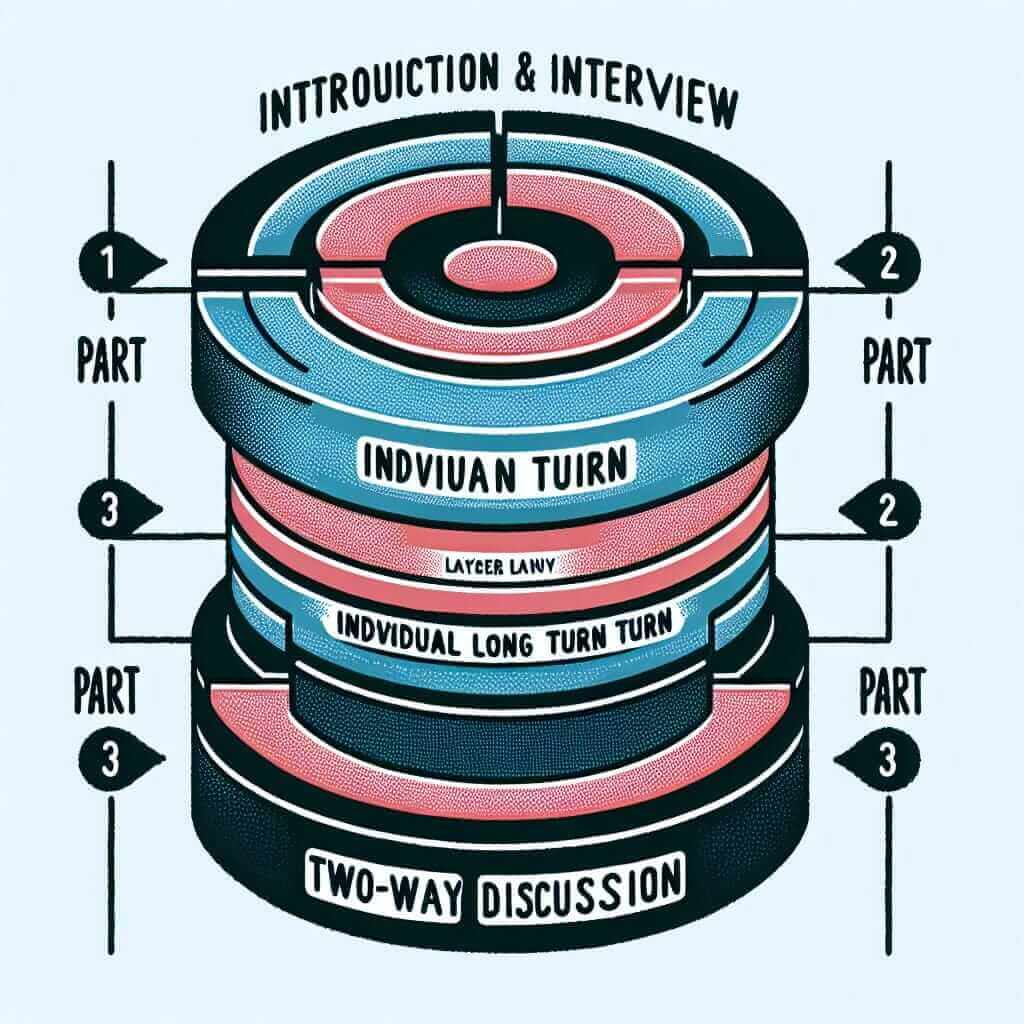The IELTS Speaking test, while a crucial part of the exam, can be a significant source of anxiety for many candidates. Understanding the factors that contribute to this stress is the first step towards overcoming it and achieving your desired band score. In this article, we’ll delve into common stress triggers and provide you with practical tips to approach the Speaking test with confidence.
Common Stress Factors in the IELTS Speaking Test
1. Unfamiliarity with the Test Format
Not knowing what to expect can significantly elevate stress levels. The IELTS Speaking test has three parts, each assessing different speaking skills:
- Part 1: Introduction and Interview – This involves answering general questions about yourself and familiar topics.
- Part 2: Individual Long Turn – You’ll receive a cue card with a topic and points to cover. You have one minute to prepare and then speak for 1-2 minutes.
- Part 3: Two-Way Discussion – You’ll engage in a deeper discussion with the examiner based on the topic in Part 2.
Tip: Familiarize yourself thoroughly with the test format, timings, and question types for each part. Practice speaking within the time limits to build your confidence.
2. Fear of Making Mistakes
Many candidates worry about grammatical errors, pronunciation, or using less common vocabulary. Remember that the IELTS Speaking test assesses your fluency and coherence, not just grammatical accuracy.
Tip: Focus on communicating your ideas clearly and effectively. Don’t be afraid to self-correct if you make a minor mistake. Practice speaking naturally and confidently, even if it’s not perfect.
3. Lack of Practice
Insufficient practice speaking English in a test-like environment can lead to anxiety.
Tip: Engage in regular speaking practice with a tutor, language partner, or by recording yourself.
4. Pressure to Perform Well
The IELTS exam often carries significant weight, whether it’s for university admissions, immigration, or career advancement. This pressure can be overwhelming.
Tip: Remember that you’ve prepared for this. Focus on doing your best on the day of the exam, and don’t dwell on past mistakes or potential outcomes.
 IELTS Speaking Test Structure
IELTS Speaking Test Structure
Tips to Manage Stress and Enhance Performance
- Practice Regularly: The more you practice, the more confident and comfortable you’ll become.
- Mock Tests are Key: Take full IELTS mock tests under timed conditions to simulate the real exam experience.
- Work on Your Weaknesses: Identify areas where you struggle (e.g., vocabulary, grammar, fluency) and dedicate extra practice time to those areas.
- Expand Your Vocabulary: A wider vocabulary range allows you to express yourself more fluently and accurately.
- Record and Analyze: Record yourself speaking and listen back to identify areas for improvement. Pay attention to your pace, pronunciation, and clarity.
- Stay Positive and Confident: Believe in your abilities and approach the test with a positive mindset.
Conclusion
Feeling stressed about the IELTS Speaking test is entirely normal. By understanding the common stress factors and implementing the tips outlined above, you can effectively manage your anxiety and perform to the best of your abilities. Remember, thorough preparation and a positive attitude are key to achieving success in your IELTS Speaking test.


